Türkiye’s top officials on Monday affirmed the government’s unwavering commitment to continuing to implement its current economic program, emphasizing that the trajectory of the economy would aim to reduce inflation and boost savings.
Remarks by Vice President Cevdet Yılmaz and Treasury and Finance Minister Mehmet Şimşek after municipal elections on Sunday sought to soothe concerns about any changes to economic policies, which have seen the country reverse to more conventional policymaking after last year’s general and parliamentary votes.
President Recep Tayyip Erdoğan’s ruling Justice and Development Party (AK Party) took about 35.48% of the nationwide vote on Sunday, ranking behind the main opposition Republican People’s Party (CHP), which secured 37.76%.
Erdoğan labeled the results, which marked the first time ever that the AK Party fell behind the CHP, a “turning point,” saying his party had “lost altitude” and would take steps to address the voters’ message.
“If we made a mistake, we will fix it” in the years ahead, he said. “If we have anything missing, we will complete it.”
Analysts said the economic strains, including nearly 70% inflation, a slowdown in growth and an aggressive monetary tightening campaign that has jacked up borrowing costs, were among the most important factors in the elections.
Erdoğan has stood by the tightening that saw the country’s central bank deliver a cumulative 4,150 basis points of interest-rate hikes.
He has asked for patience with slower economic growth and high borrowing costs, promising reprieve later this year, and Yılmaz and Şimşek said Monday the belt-tightening program would carry on.
On Sunday, Erdoğan underscored that they would swiftly focus more on the urgent issues of the country, particularly the reconstruction of the region razed by last year’s devastating earthquakes and alleviating the economic difficulties.
Inflation top priority
Both Yılmaz and Şimşek stressed curbing inflation is the government’s top priority.
“We will continue to implement our Medium-Term Program (OVP), which we announced in September 2023, with determination by strengthening it,” Şimşek wrote on social media platform X, formerly Twitter.
“Our main goal is to reduce inflation to single digits permanently. In addition to the tight monetary policy, selective credit and income policies aimed at achieving this goal, we will prioritize savings by keeping expenditure in the public sector under control,” he noted.
Yılmaz said the economic program would help Türkiye get inflation under control and said the public would begin to see the results in the second half of this year.
“Thus, we will prevent the gradual erosion of wage increases and ensure permanent welfare growth,” he noted.
“While making structural reforms in the economy, we will focus on improving the efficiency of public administration, raising our democratic standards and establishing a more effective functioning justice system. Our aim is to grow within democratic stability and fairly reflect the benefits of growth to all segments,” he added.
Türkiye’s benchmark stock index, BIST 100, opened up more than 1%, with banking shares up 1.7%. At 7:30 a.m. GMT, the indexes were up 0.63% and 2.12%, respectively.
The Turkish lira climbed about 1.3% to trade at 31.9615 per dollar as of 3:50 p.m. in Istanbul, making it the best-performing emerging-market currency of the day.
Many foreign financial markets were closed yesterday for the Easter holidays.
Türkiye’s five-year credit default swaps, a measure of investment risk, edged lower while bond yields dipped slightly.
After last year’s vote, Türkiye abandoned a yearslong low rate policy in favor of tightening, raising its key rate to 50% from 8.5% since June.
The aggressive tightening aims to rein in inflation expectations, curb chronic deficits, rebuild foreign exchange reserves, and stabilize the lira.
“With the structural reforms we will implement in line with the schedule announced in the MTP, we will achieve transformation in the economy, leading to increased productivity and competitiveness,” Şimşek said.
“In this way, the sustainable growth goal we aim to achieve will result in a permanent increase in prosperity shared by all segments of society. The road to success requires perseverance, determination and patience. We are determined and persistent, and we will succeed.”
‘Much work to be done’
Yılmaz said the upcoming four-year period without elections is vital for reaching higher goals in democracy and development.
Türkiye maintains its robust structure despite the global economic downturn following the pandemic, the wars in the region and the additional burdens brought by last year’s earthquakes.
“We will heal the wounds of the earthquake and prepare our cities for the future in a much more resilient manner. We are increasing growth, employment and exports in the economy while reducing our current account deficit. We are strengthening our structure with investment and production,” he noted.
Business world officials also emphasized the upcoming period without polls and expressed the need for continuing economic policies.
“Following the local elections, we should work collectively toward achieving a more advanced, respectable, fair and environmentally friendly Türkiye by swiftly focusing on structural reforms that will strengthen our economy, democracy and legal system,” the Turkish Industry and Business Association (TÜSIAD) said in a statement.
“We hope for a period of strengthened collaboration between central and local governments in all areas, particularly in disaster management,” it said.
Rifat Hisarcıklıoğlu, head of the Union of Chambers and Commodity Exchanges of Türkiye (TOBB), said the upcoming four-year period without elections “is an important opportunity for our country.”
“There are many steps to be taken and much work to be done in the economy. We must focus all our efforts on combating inflation,” Hisarcıklıoğlu said in a statement.
“The fight against inflation will be more successful in coordination with monetary and fiscal policies. Price stability and financial stability will strengthen predictability, thereby increasing investments with high technology content and added value,” he noted.
Hisarcıklıoğlu also stressed the importance of preserving Türkiye’s production capacity and ensuring the sustainability of the companies.
“We must take effective and decisive steps toward structural reforms. Many reforms await us in various fields, such as vocational education, employment policies, tax reform, increasing the operational efficiency of the judiciary, strengthening institutional infrastructure, increasing the earthquake resistance of our cities, establishing new industrial zones, bringing key technologies to our country, and preparing our country for green and digital transformation,” he said.
“As the business world, we will work harder for more production, investment, employment and exports.”
Şekib Avdagiç, chair of the Istanbul Chamber of Commerce (ITO), echoed Hisarcıklıoğlu’s view and said Türkiye should focus on its economic roadmap.
“In the upcoming period, many issues, especially combating inflation and implementing structural reforms, should be very well evaluated for a permanent, sustainable, and rational struggle. Thus, Türkiye… will continue to be a safe haven with its strengthened economy and democracy,” Avdagiç said in a statement.
“As businesspeople, we are aware of our responsibility, and we will continue to invest in production, export, and employment with all our strength.”
Erdal Bahçıvan, president of the Istanbul Chamber of Industry (ISO), said elections had hampered the pace of the economy and reforms.
“Due to the elections, unfortunately, the pace of focus on the economy and reforms in this field did not reach the desired level. It is now imperative to urgently focus on the economy and its issues,” Bahçıvan noted.

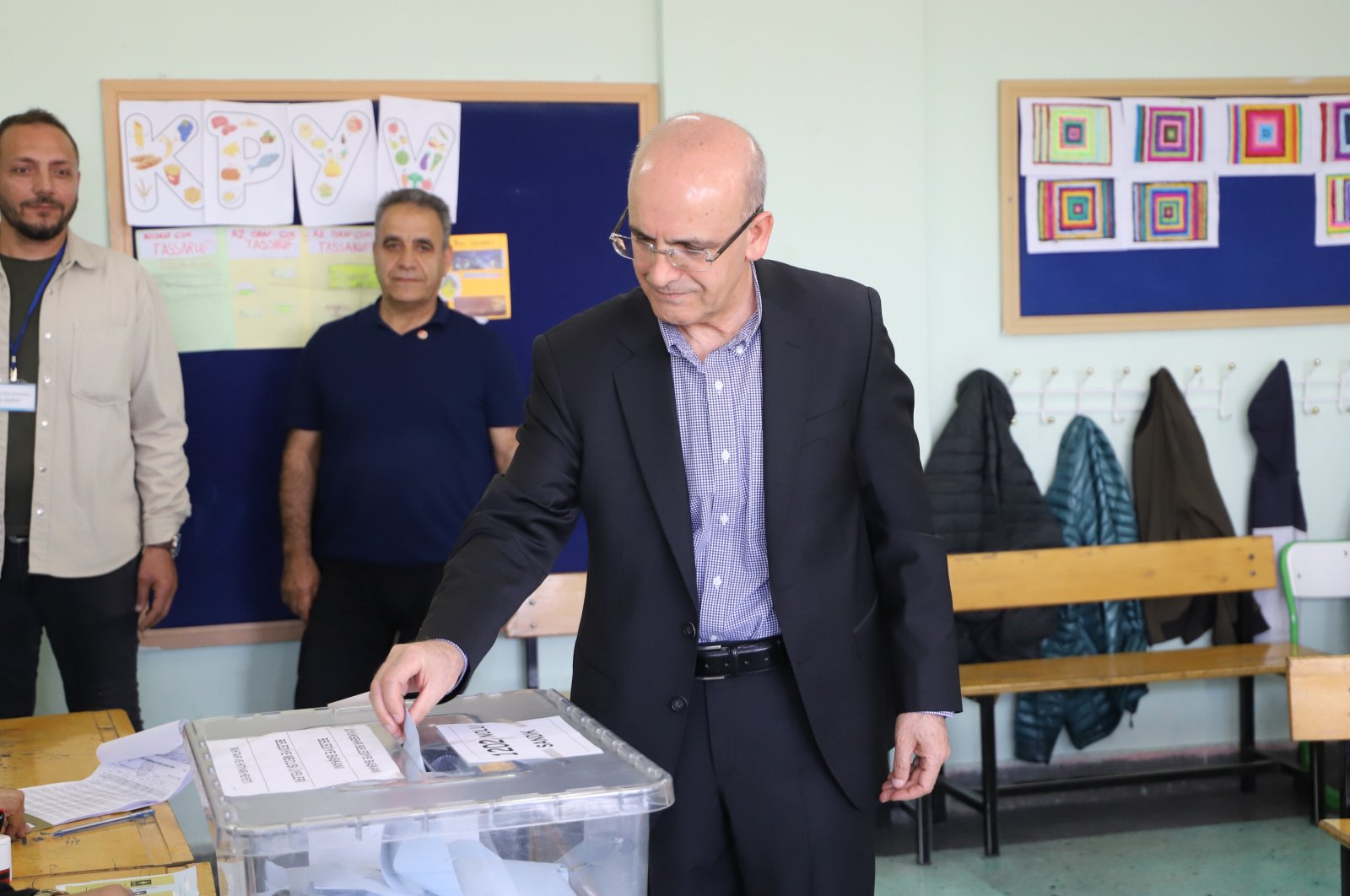
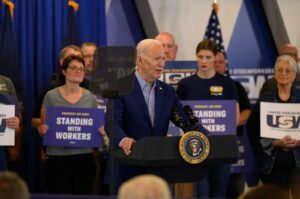


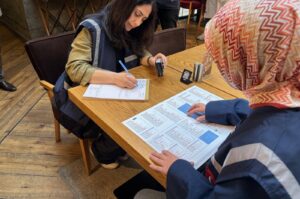






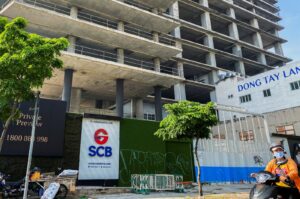

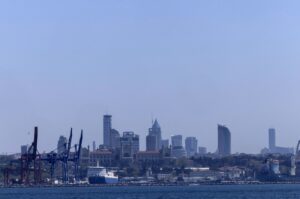


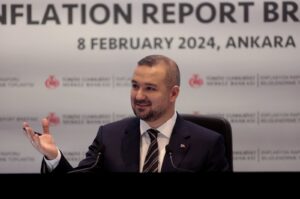



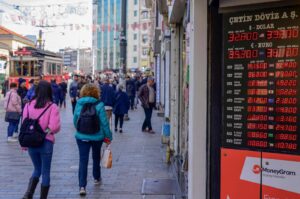
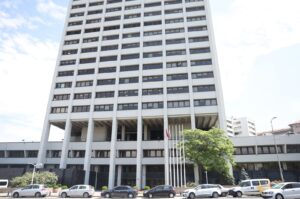




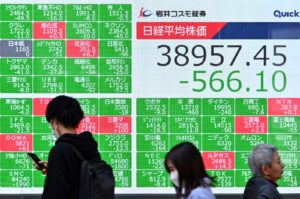
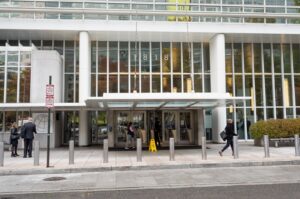
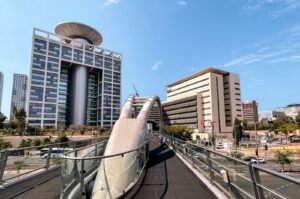

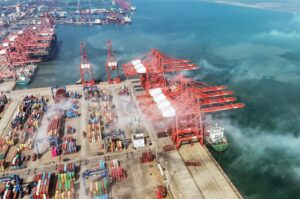




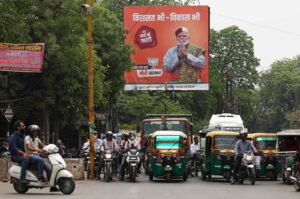
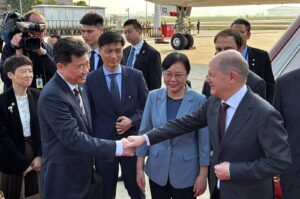
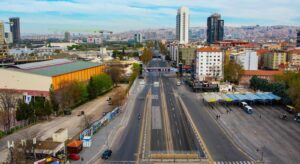





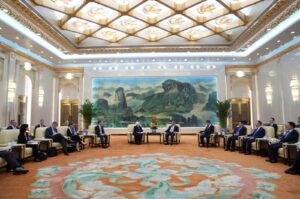


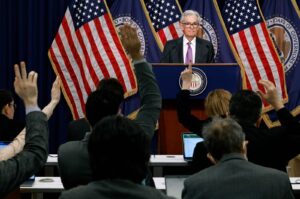
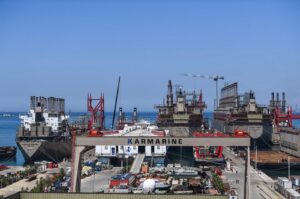


Be First to Comment